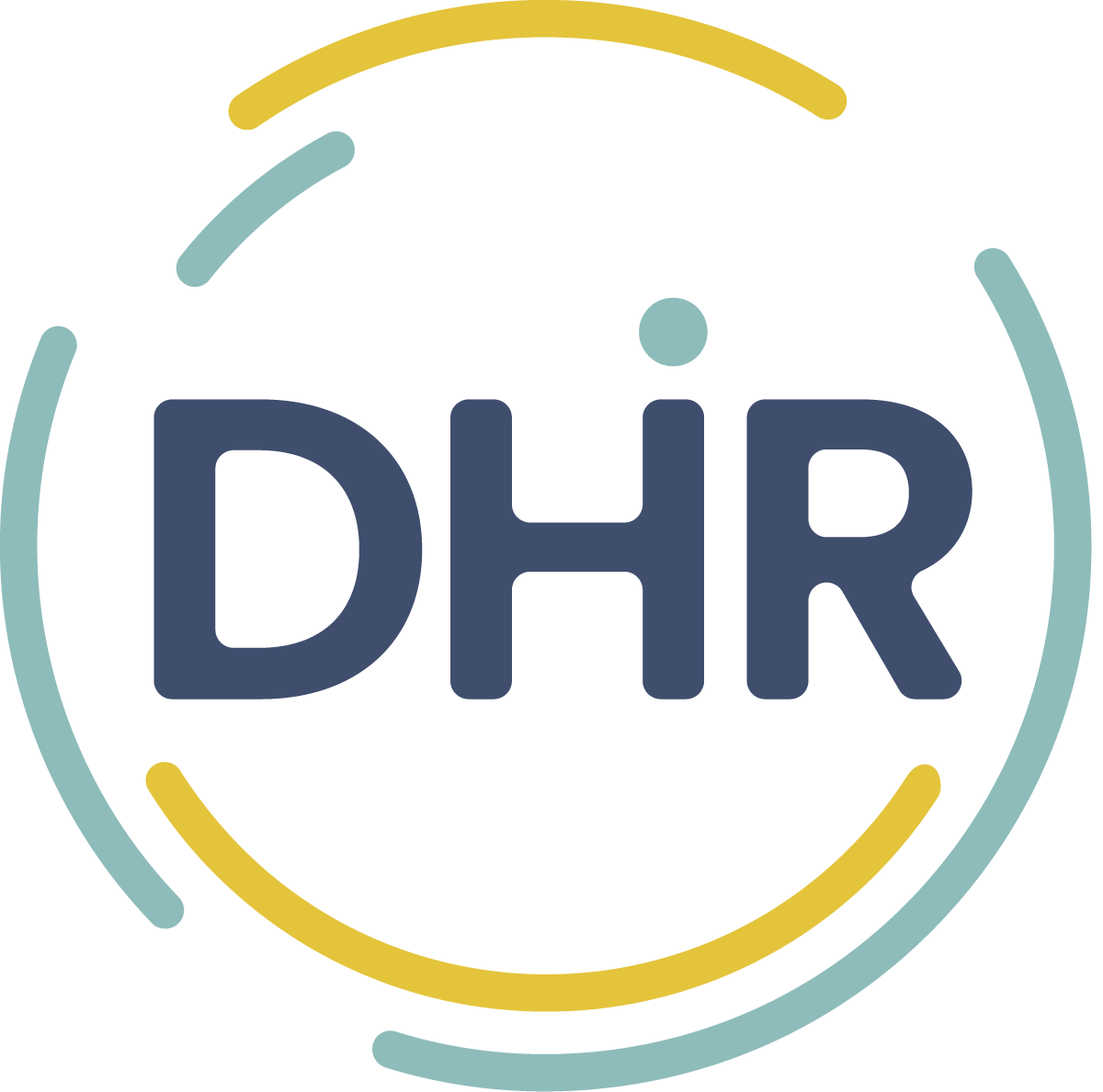GEAR P3 Trailblazer Award
Based on the Government Efficiency and Accountability Review Board’s Public-Private Partnership (GEAR P3) Innovation and Efficiency team award, the Trailblazer Award recognizes innovative projects implemented by individuals or small teams of employees (five or fewer) that go above and beyond normal job responsibilities to increase the efficiency, effectiveness, and accountability of State Government.
Recipients selected are recognized for using continuous quality tools to achieve excellent outcomes, developing innovative processes, establishing best practices, and producing verifiable results that are sustainable, scalable, and adaptable to other areas of government. Recipients serve as role models for others within and outside the organization.
Nominations for the GEAR P3 Trailblazer Award are due by January 31 each year.
GEAR P3 Trailblazer Award Recipients

Paul Huhn, Department of Transportation
Paul Huhn, an Engineer in the Division of Transportation Solutions, is being recognized for his extraordinary leadership in the emergency repair of the Trap Pond Dam Spillway following a critical failure and sinkhole formation. Through rapid mobilization, Lean principles, and cross-agency coordination, he completed the project in record time, saving the state hundreds of thousands of dollars. His structured approach included innovative design solutions, rigorous cost analysis, and transparent communication, ensuring efficiency without compromising quality. The project not only restored the dam’s functionality but also set a best-practice model for future infrastructure emergencies. Paul’s leadership and technical expertise demonstrated excellence in emergency response, fiscal responsibility, and engineering innovation.

Nicole Brown, Jacob Carey, Tina LaFace, Mallory Taylor, and Jillian Troumouhis, Department of Transportation
This team from the Division of Motor Vehicles (DMV) launched DELLA, an AI-powered chatbot, in June 2024 to enhance customer service by providing 24/7 access to essential information. Designed to streamline user interactions, DELLA reduces the need for multiple visits, phone calls, and emails by quickly answering questions through the DMV website. The chatbot’s implementation has already led to a 50% usage rate, with over 258,000 engagements by the end of the year, improving efficiency and customer satisfaction. DMV staff continuously trains DELLA to recognize new search phrases, ensuring ongoing improvements and accurate responses. This innovative project has not only reduced costs by eliminating a third-party service but also set a precedent for other state agencies to implement similar AI solutions.






